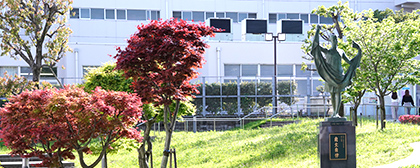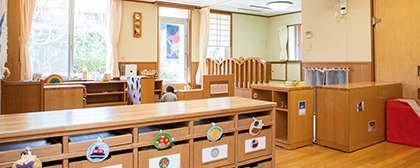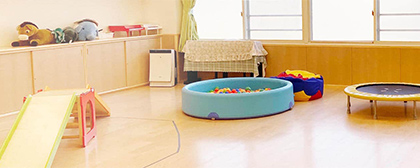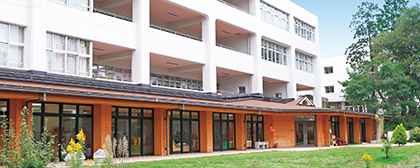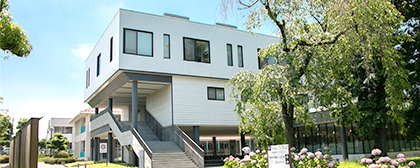東京家政大学 グローバル教育センター オンラインセミナー
Open Lectures from the Global Education Center, Tokyo Kasei University
世界でグローバル化が進み、コミュニケーションの障壁が低くなりつつある現在、グローバル社会で多国籍の人々と共生していくために言語スキルと非言語スキルを磨くことがこれまで以上に求められています。東京家政大学グローバル教育センターでは、このテーマについて皆さんで考えるために2つのセミナーを実施することとしました。このセミナーを通じて、地球市民権を育み、より自由で平等な社会を築いていくために必要な異文化コミュニケーション力について新たな学びがあることを期待しています。セミナーの使用言語は英語となります。
As the world has become globalised and barriers to communication have started to disappear, it has become more important than ever for people to develop the linguistic and non-linguistic skills needed to live together in a global society. To work towards this goal, the Global Education Centre at Tokyo Kasei University will be hosting two open lectures by renowned international speakers. Through these lectures we hope to promote new ideas about what kinds of intercultural and communicative skills we need to foster global citizenship and move towards a more free and equal society. These seminars will be conducted in English.
Open Lecturer #1
- Putting aside essentialist grand narratives to find deCentred intercultural threads
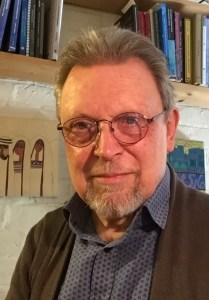
Essentialist grand narratives are the big stories that surround and construct us and others as essentially superior or inferior. They are supported by stereotypes and dominant discourses and splinter into the personal narratives of everyday life. There is no hope of achieving any form of interculturality if we cannot recognise and put them aside through deCentred, third space, ethnography. I shall demonstrate this with my current autoethnographic study of my travel to in Iran at the age of 23 in the 1970s within the context of the racist Orientalist grand narrative that pervaded my upbringing without me being aware. Unexpected outcomes, once I could put aside the imagination of a 'collectivist' Other, were principles of small culture formation on the go, personal space, language learning and professionalism that I carry throughout my life.
Date and Time: Friday, January 15th, 2021, 6pm, in Japan time
Adrian Holliday is Professor of Applied Linguistics & Intercultural Education at Canterbury Christ Church University. He is the author of numerous books including Appropriate Methodology and Local Context (Cambridge University Press, 1994), The Struggle to Teach English as an International Language (Oxford University Press, 2005), Intercultural Communication and Ideology (SAGE, 2011), and Understanding Intercultural Communication (Routledge, 2018).Open Lecturer #2
- How to Teach English as a Lingua Franca (and Tackle Native Speakerism)
Dr Marek Kiczkowiak (TEFL Equity Advocates and Academy)

While it is clear English is primarily used as a global language of international communication, a lingua franca (ELF), it is not entirely clear what teaching ELF might entail. Drawing on ELF research findings and classroom-based ideas, this talk will provide participants with clear principles and practical ideas for teaching ELF and show how this would differ from teaching EFL or ESL. It will also be argued that this shift to teaching ELF can help tackle the ideology of native speakerism, or the belief that those perceived as 'native speakers' are superior not only linguistically, but also pedagogically.
Date and Time: Friday, February 5th, 2021, 6pm, in Japan time
Marek Kiczkowiak is a freelance teacher trainer and materials writer, and founder of TEFL Equity Advocates and Academy. He has written multiple articles in journals and magazines, and is coauthor of Teaching English as a Lingua Franca (DELTA Publishing, 2018). He has developed online teacher training courses for NILE, and is currently working on a series of coursebooks for National Geographic.
【問い合わせ/Contacts】
東京家政大学グローバル教育センター/Global Education Center, Tokyo Kasei University
【Email】gec@tokyo-kasei.ac.jp
【TEL】+81-03-3961-1861(平日9:00-17:00/Weekdays 9am-5pm)

